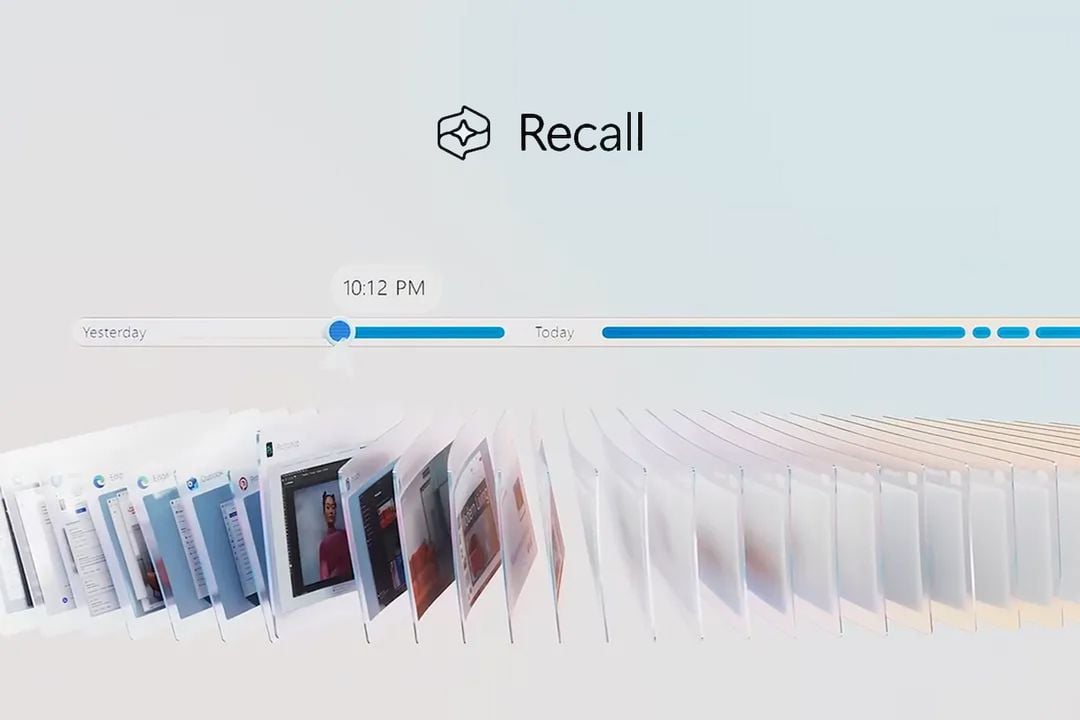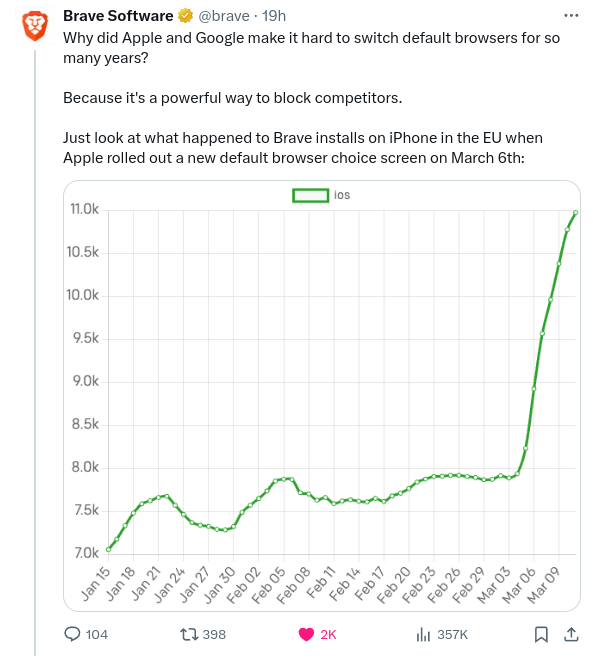Brave browser is the solution.
FatCat
They are so good at advertising Linux that they have 73% of desktop market share while linux has less than 5% according to statcounter
🤯🤯
Yes that is the point behind the 'you wouldn't download a car' meme 🙂
It's funny you mention the Katy Perry chord case, because Damien Riehl, who made the argument I referenced in my original post, actually talked about this exact case in the podcast I mentioned. He noted that Katy Perry was initially sued and a jury awarded $2.8 million over a very simple melody that appeared over 8,000 times in Riehl's dataset of generated melodies. However, after Riehl gave his TED talk about his "All the Music" project in early 2020, the judge reversed the jury verdict, saying the melody was unoriginal and therefore uncopyrightable.
And they've downloaded and read millions of books without paying for them.
Do you have a source on that?
I am thrilled to see the output you get!




Yes its fantastic 👍🦾